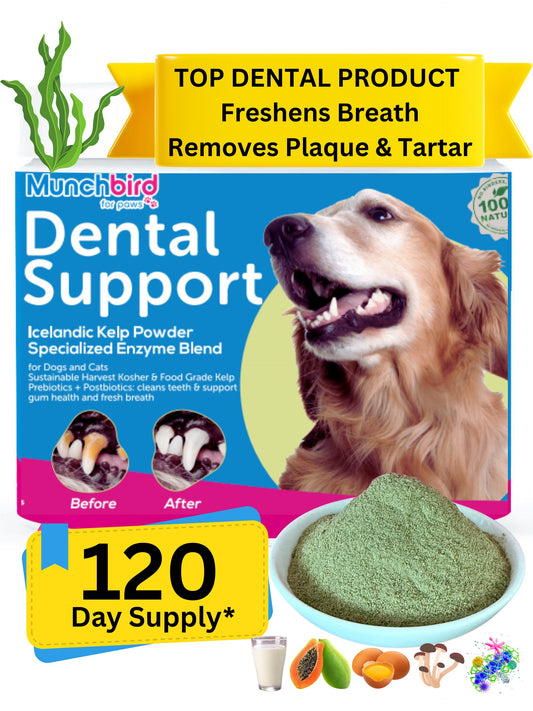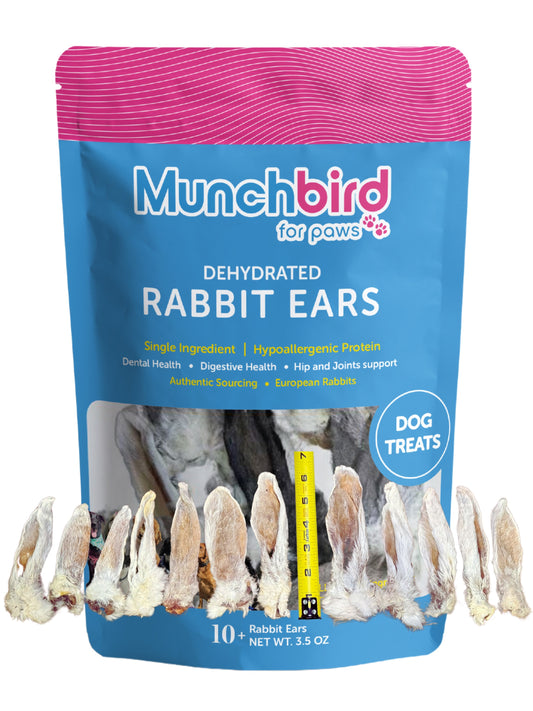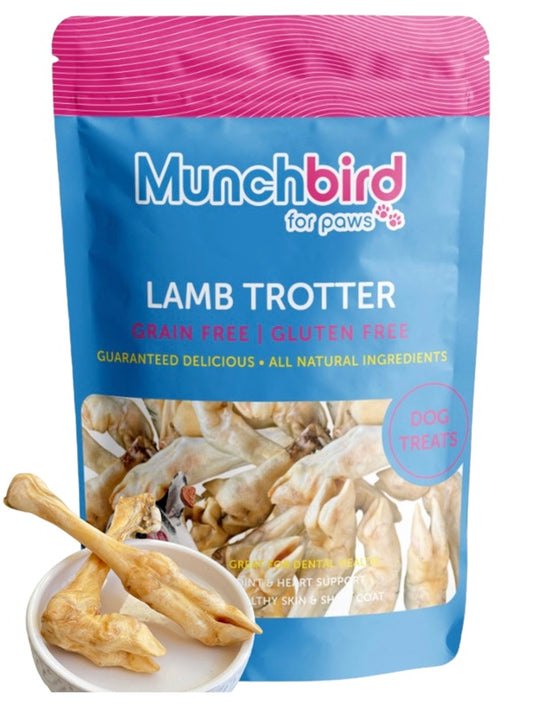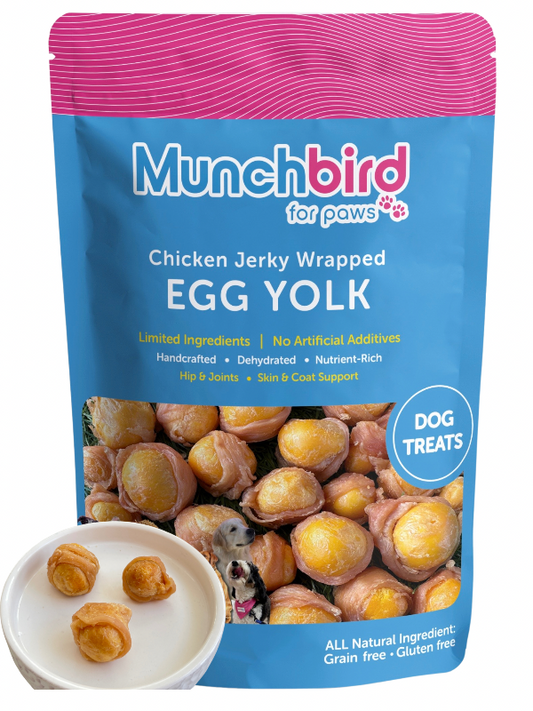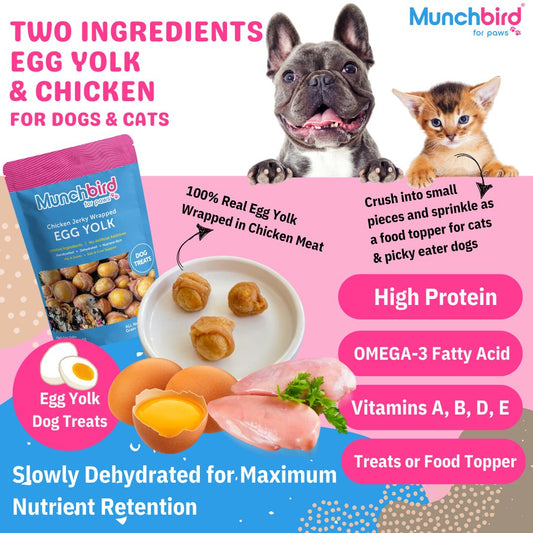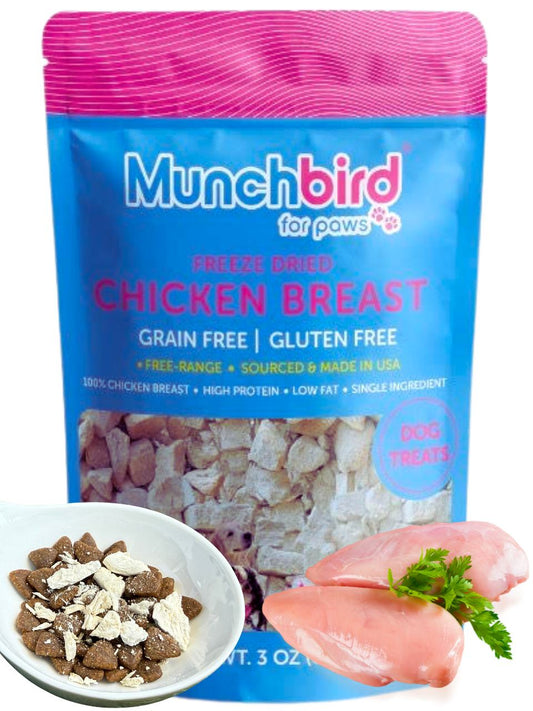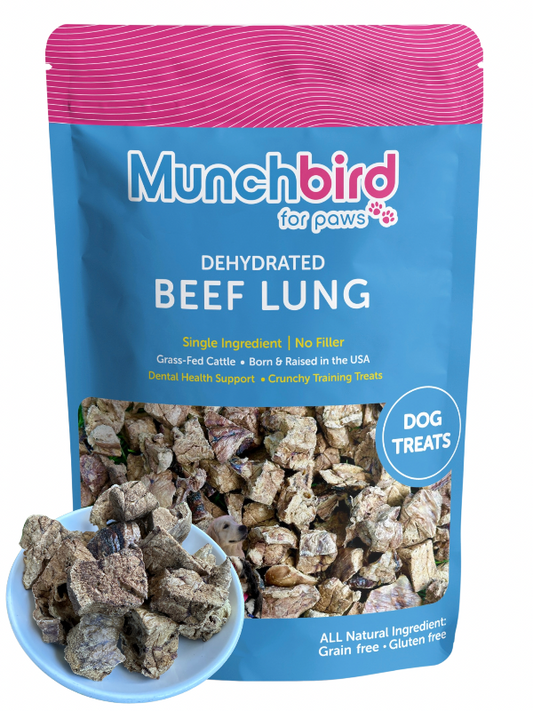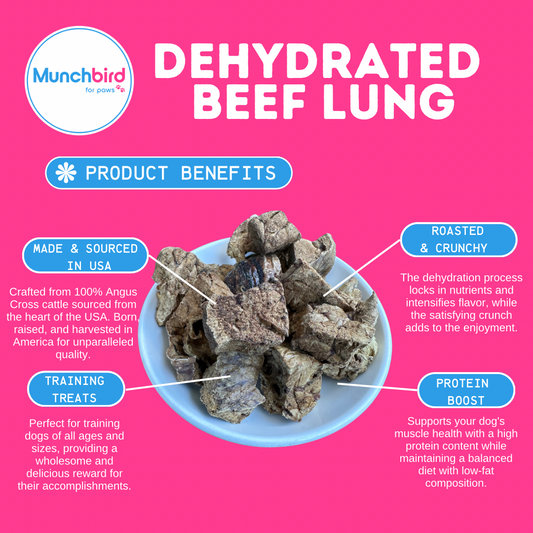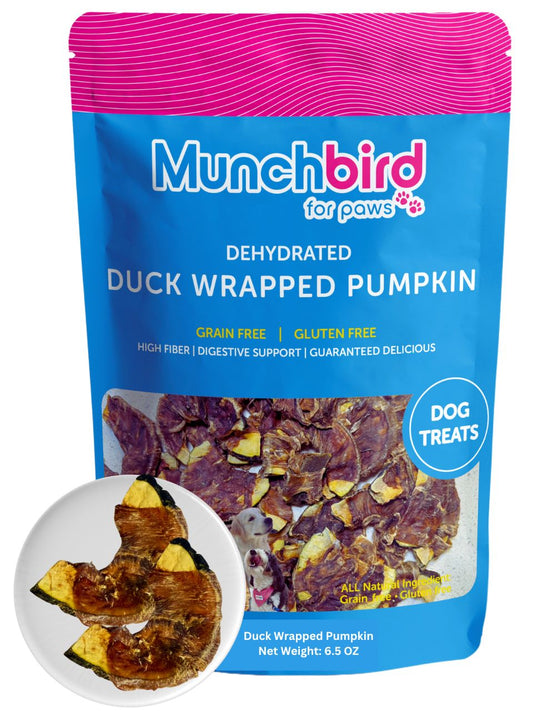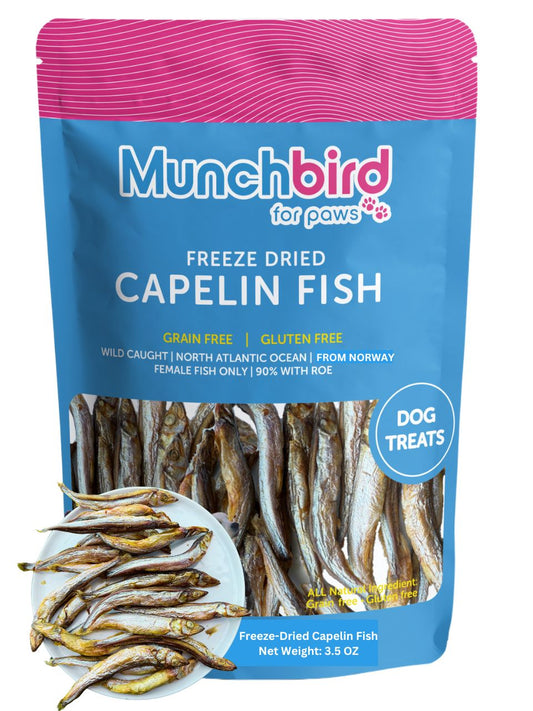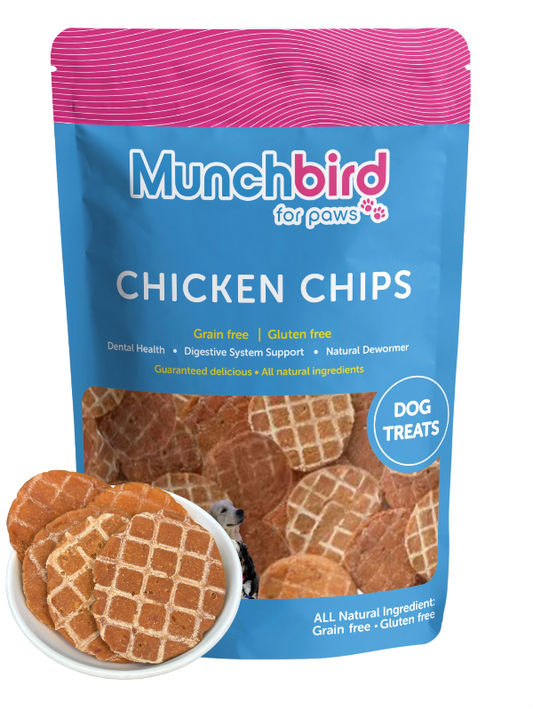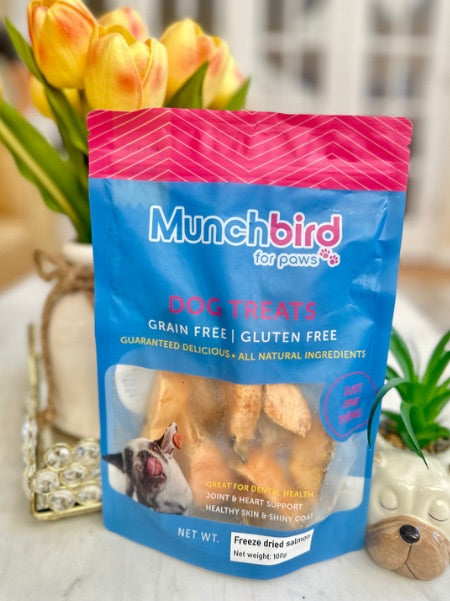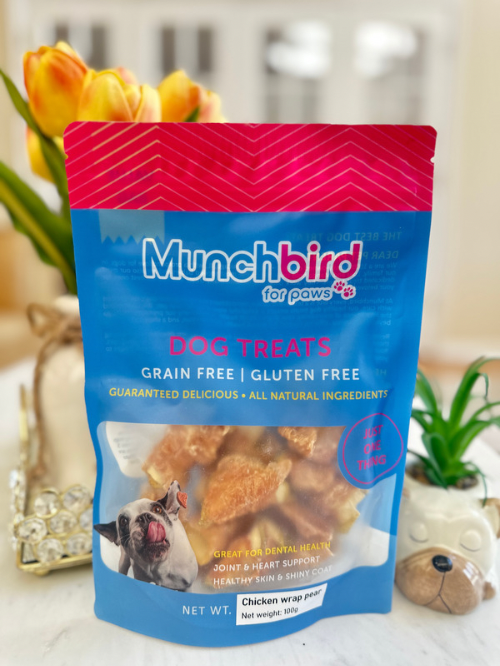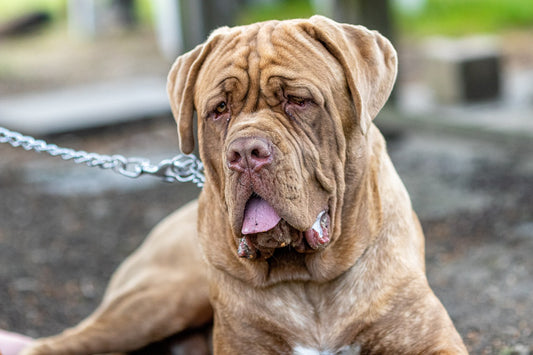As devoted pet parents, ensuring the health and happiness of our furry companions is paramount. For Cocker Spaniel owners, understanding and addressing potential health concerns is crucial for fostering a thriving life. In this guide, we'll delve into the 18 most common health issues that Cocker Spaniels may face and provide actionable insights on prevention.
Navigating Canine Wellness: A Closer Look at Cocker Spaniel Health

1. Otitis Externa (Ear Infections)
Cocker Spaniels, with their luxurious ears, are prone to ear infections. In fact, according to the American Kennel Club, 20% of all reported canine ear infections occur in this delightful breed. Regular ear cleaning and proper drying after baths can significantly reduce the risk.
2. Progressive Retinal Atrophy (PRA) Affecting
Cocker Spaniels more than other breeds, PRA can lead to blindness. With 10% of Cocker Spaniels estimated to develop this condition, routine eye check-ups and a diet rich in antioxidants may slow down its progression.
3. Hip Dysplasia
Hip dysplasia, a common concern in many breeds, impacts 6% of Cocker Spaniels. Maintaining a healthy weight through a balanced diet and incorporating joint supplements can alleviate the strain on their hips.
4. Allergies
Cocker Spaniels are predisposed to allergies, affecting around 20% of the breed. Identifying and managing allergens through a tailored diet and regular grooming can bring relief.
5. Hypothyroidism
Approximately 10% of Cocker Spaniels may experience hypothyroidism. Regular thyroid checks during veterinary visits and a well-regulated diet can help manage this condition.
6. Seborrhea
Seborrhea, a skin disorder, affects 8% of Cocker Spaniels. High-quality, omega-3-rich diets and regular grooming can assist in controlling symptoms.
7. Urinary Tract Infections (UTIs)
UTIs can trouble 5% of Cocker Spaniels. Ensuring proper hydration and maintaining good urinary tract health through a balanced diet are crucial preventive measures.
8. Obesity
A whopping 30% of Cocker Spaniels may battle obesity. Regular exercise and a controlled diet are pivotal in preventing this common health issue.
9. Dental Problems
Dental issues plague around 15% of Cocker Spaniels. Regular brushing, dental treats, and professional cleanings can preserve their oral health.
10. Cataracts
Cocker Spaniels have a 5% higher likelihood of developing cataracts. Antioxidant-rich diets, routine eye check-ups, and minimizing exposure to sunlight can contribute to prevention.
11. Luxating Patella
Luxating patella, affecting 8% of Cocker Spaniels, can be managed through maintaining a healthy weight and incorporating joint supplements.
12. Heart Disease
Around 8% of Cocker Spaniels may face heart disease. Regular veterinary check-ups, a heart-healthy diet, and exercise can contribute to prevention.
13. Cherry Eye
Cherry eye, impacting 3% of Cocker Spaniels, may require surgical intervention. Regular eye checks and prompt veterinary attention can aid in prevention.
14. Intervertebral Disc
Disease (IVDD) IVDD can affect 7% of Cocker Spaniels. Weight management, regular exercise, and avoiding excessive jumping can minimize the risk.
15. Ear Mites
Cocker Spaniels, due to their floppy ears, are susceptible to ear mites. Routine ear cleaning and monitoring can prevent infestations.
16. Pancreatitis
Pancreatitis may affect 5% of Cocker Spaniels. A low-fat diet, portion control, and avoiding high-fat treats are essential in prevention.
17. Autoimmune Hemolytic Anemia (AIHA)
AIHA, though rare, can impact Cocker Spaniels. Regular veterinary check-ups and monitoring for symptoms can aid in early detection and prevention.
18. Liver Disease
Liver disease may affect 4% of Cocker Spaniels. Maintaining a balanced diet and regular veterinary check-ups contribute to prevention.
Conclusion: In conclusion, understanding and actively addressing potential health issues is paramount for Cocker Spaniel owners. Regular veterinary check-ups, a balanced diet, exercise, and proactive measures tailored to the breed's predispositions can significantly contribute to preventing these common health concerns. By staying informed and taking a proactive approach, you'll be well-equipped to provide your Cocker Spaniel with a life filled with health, happiness, and tail-wagging vitality.

